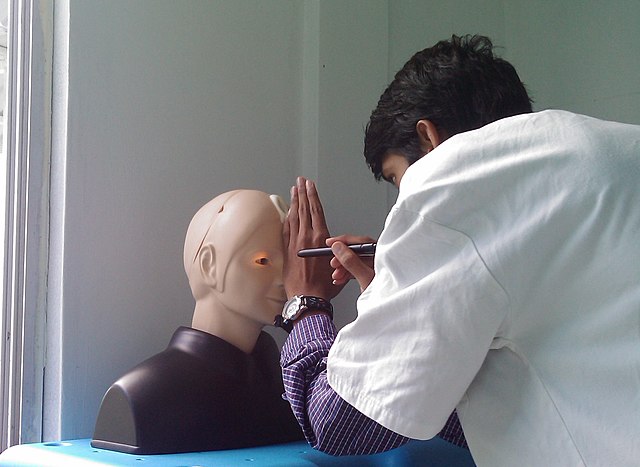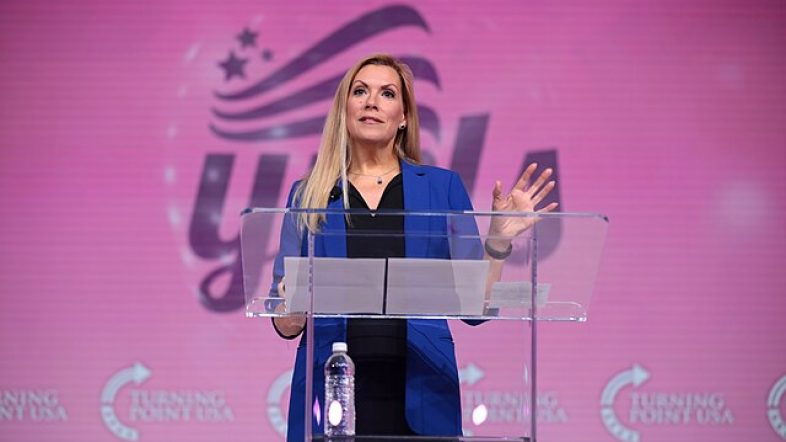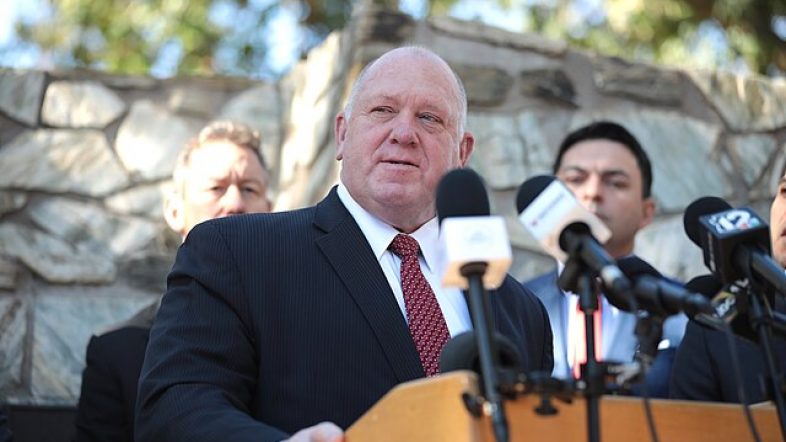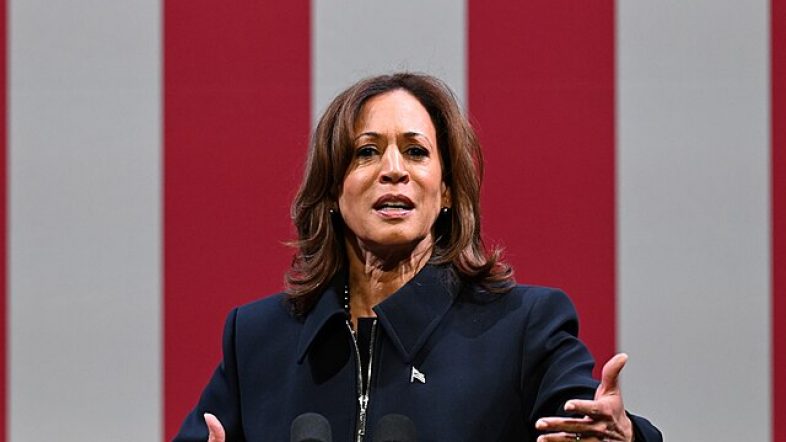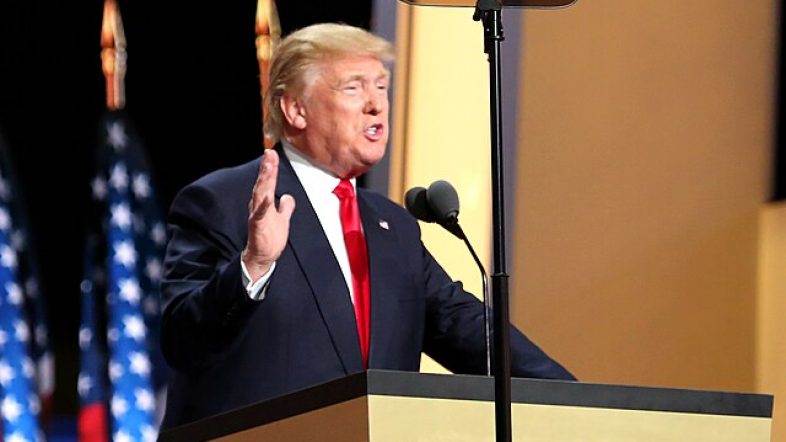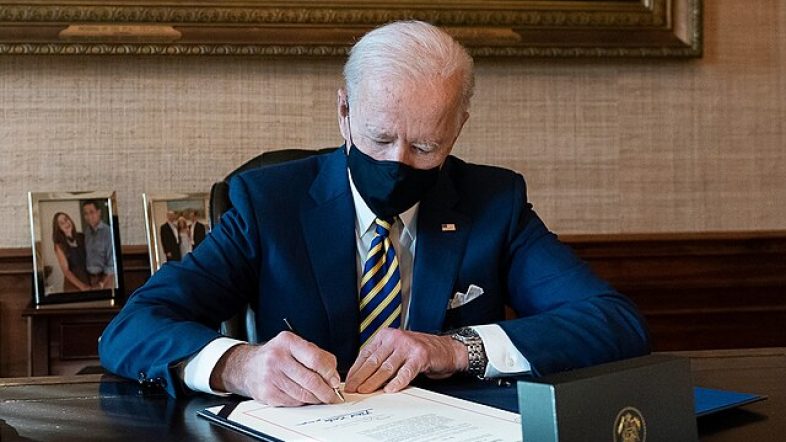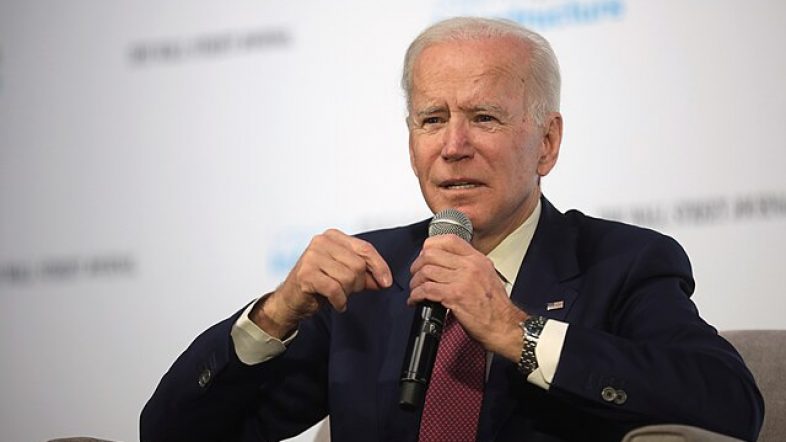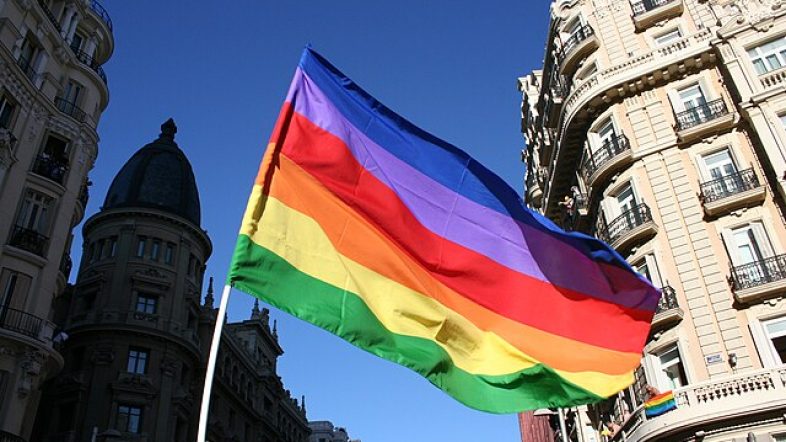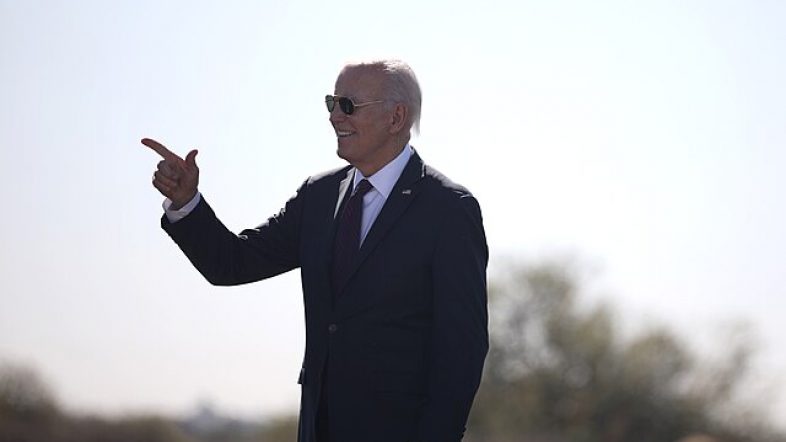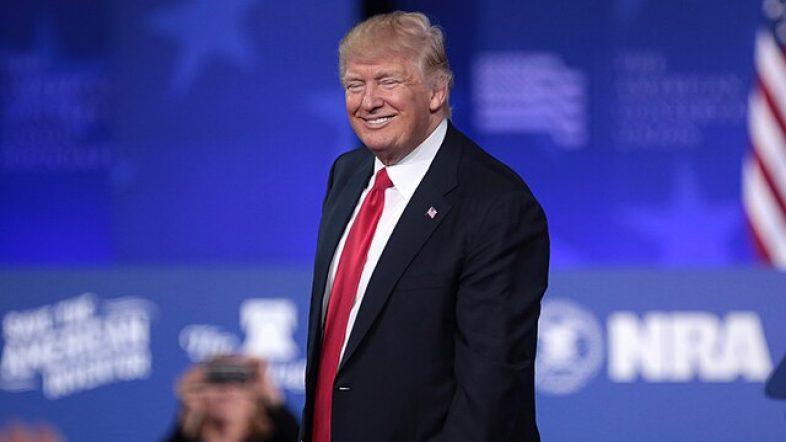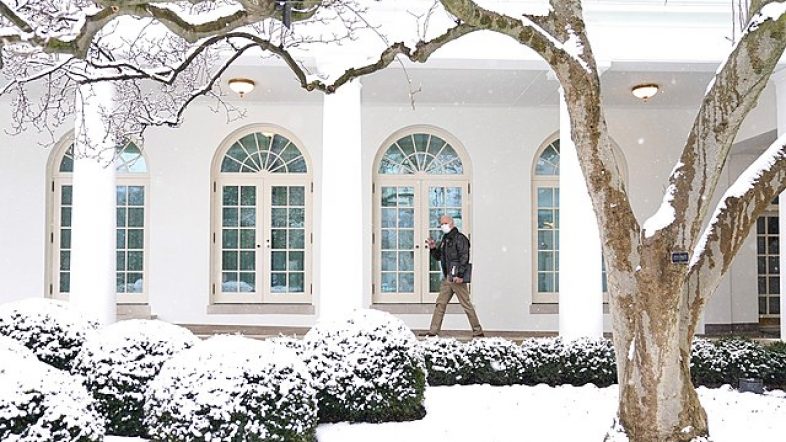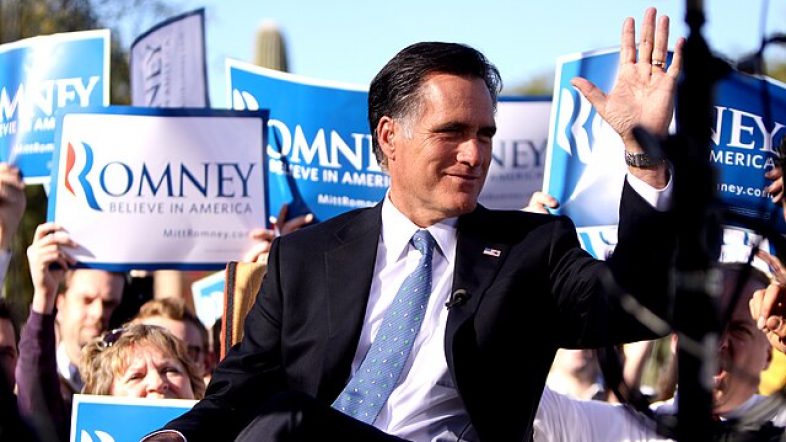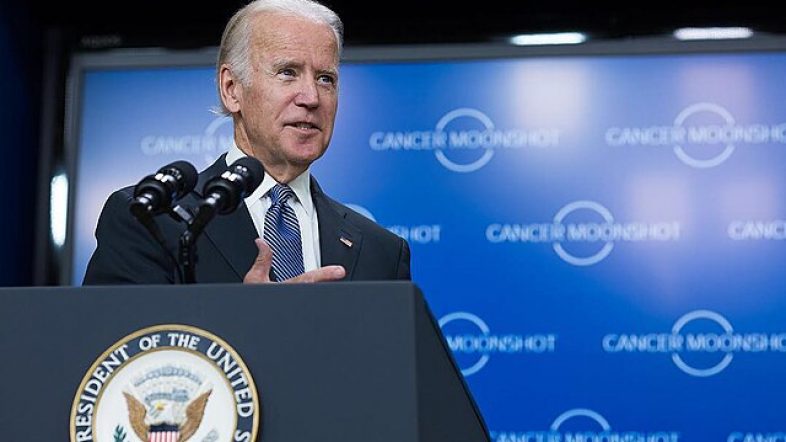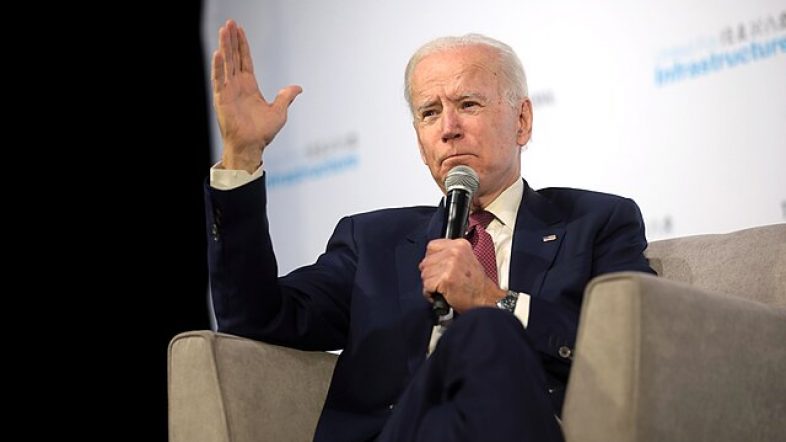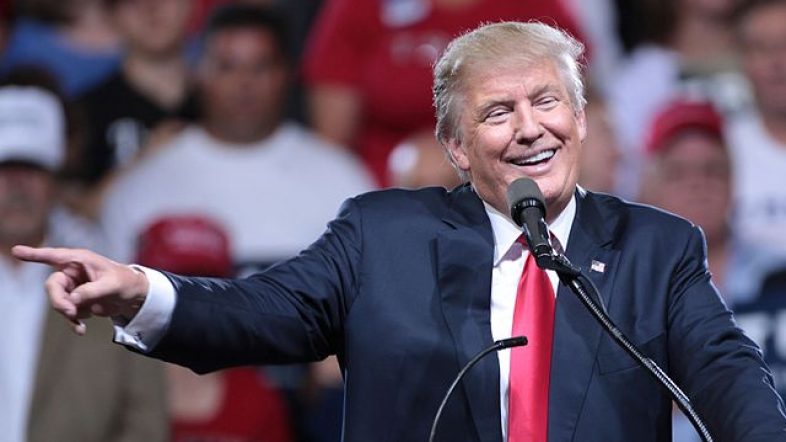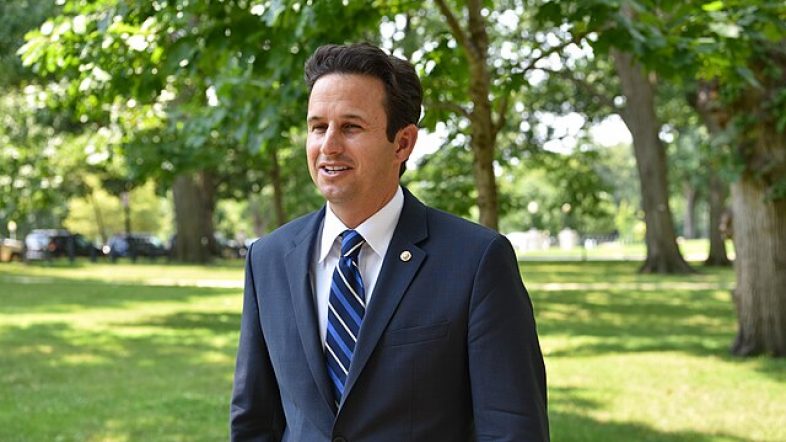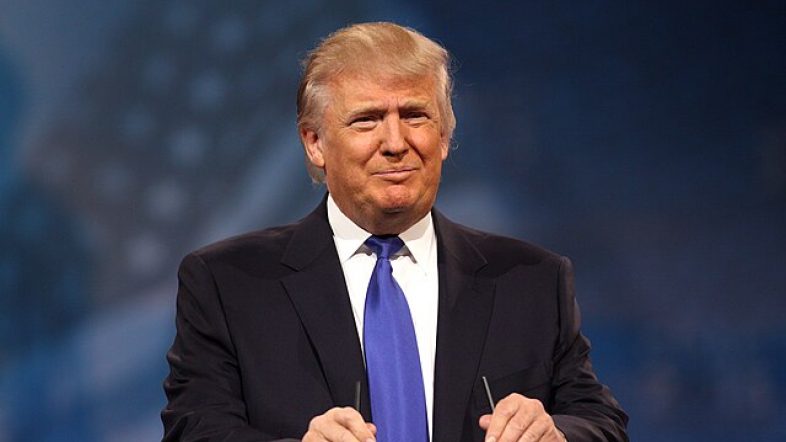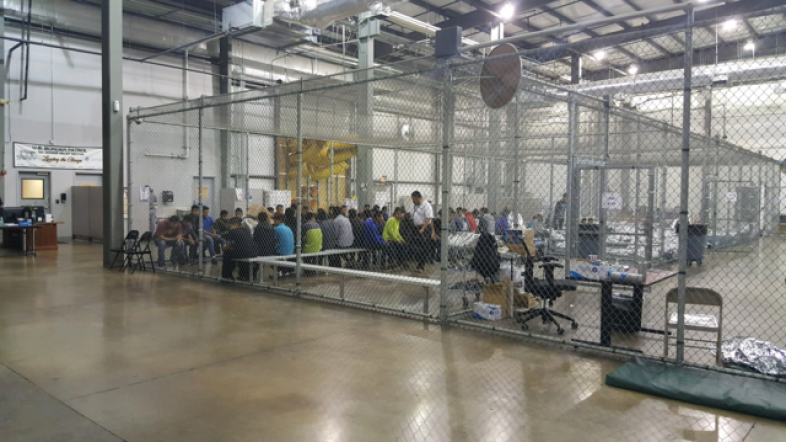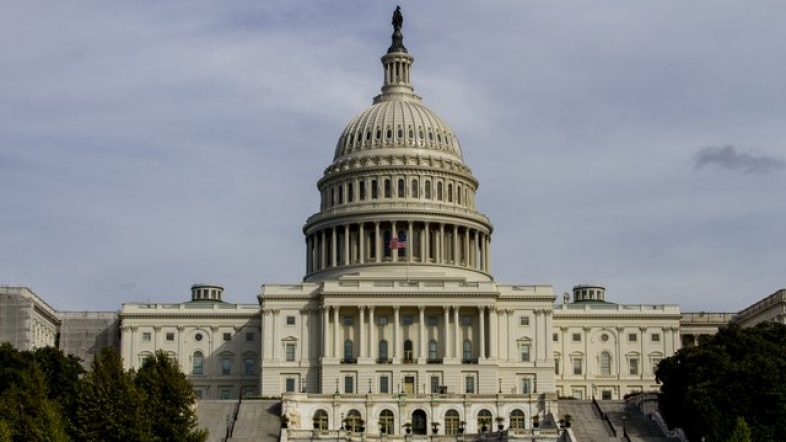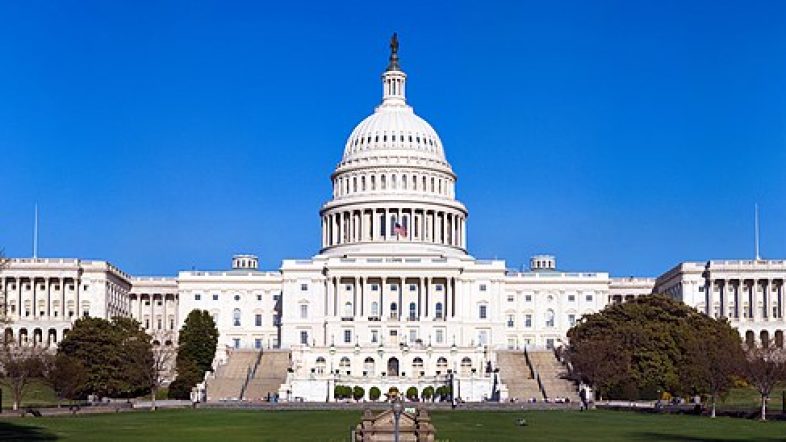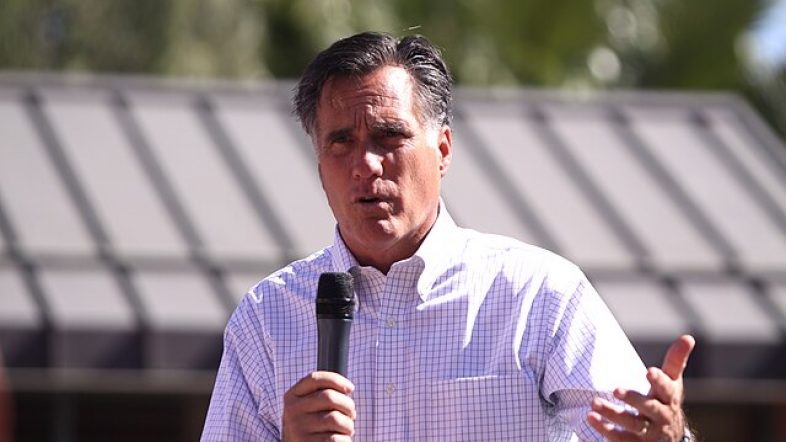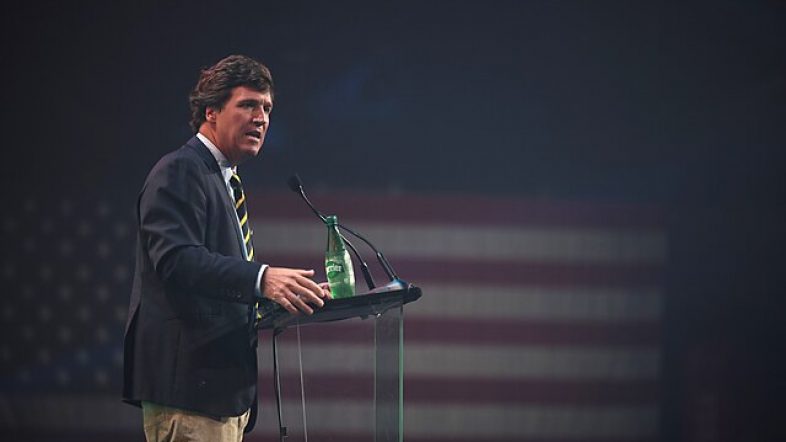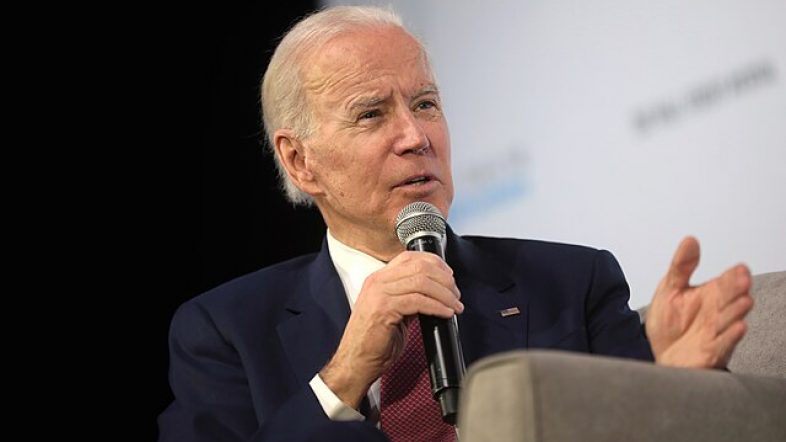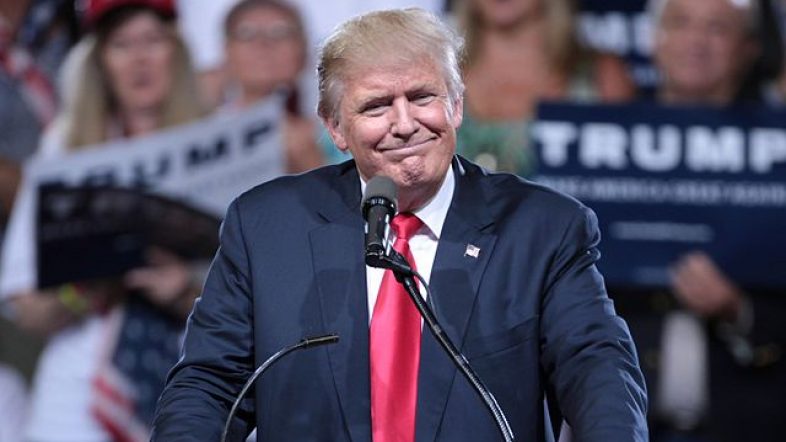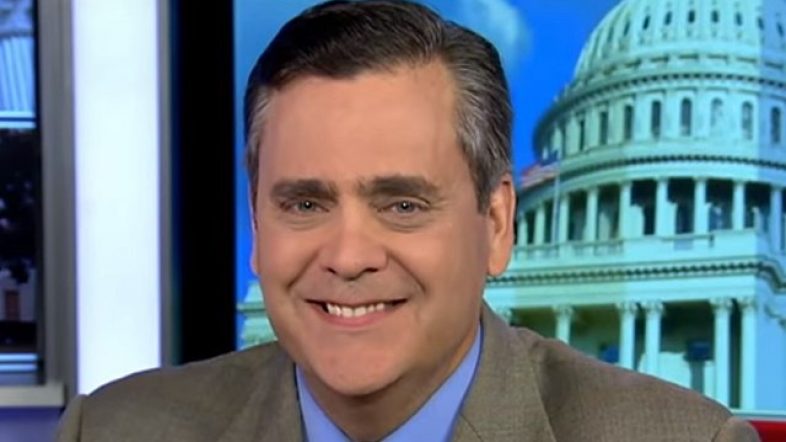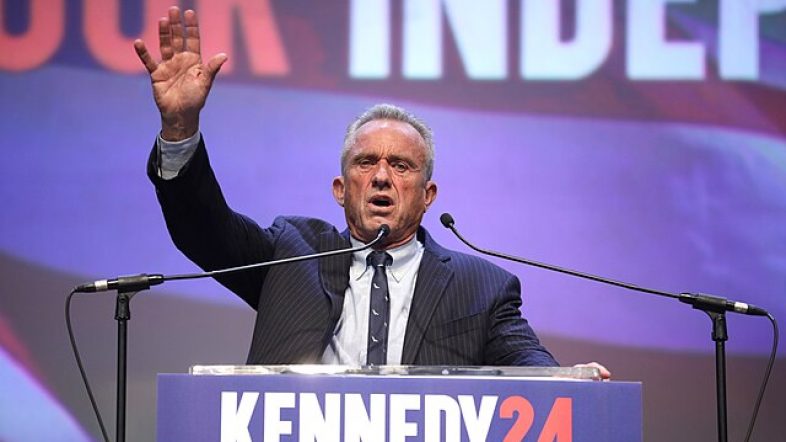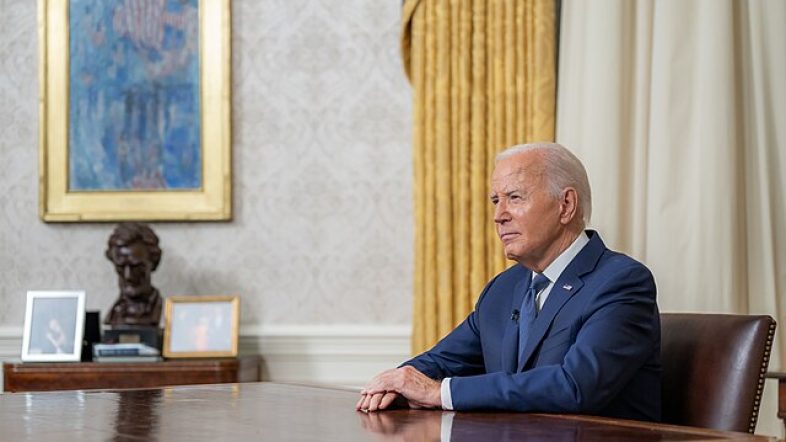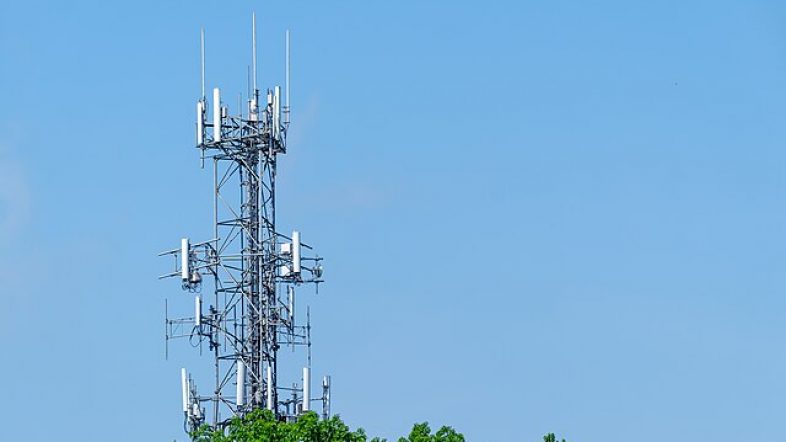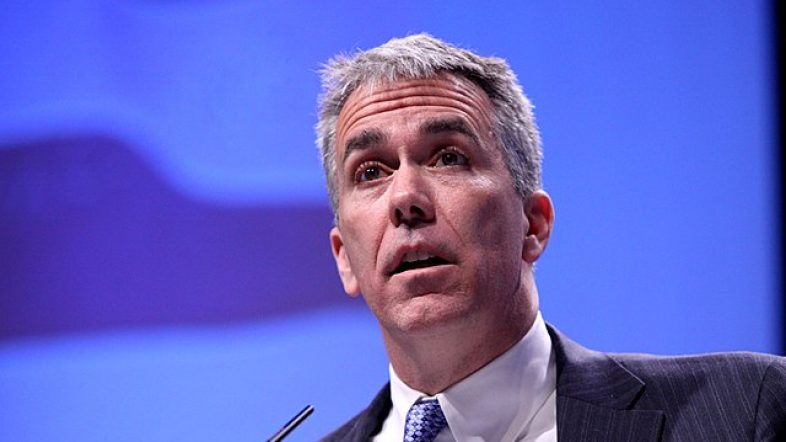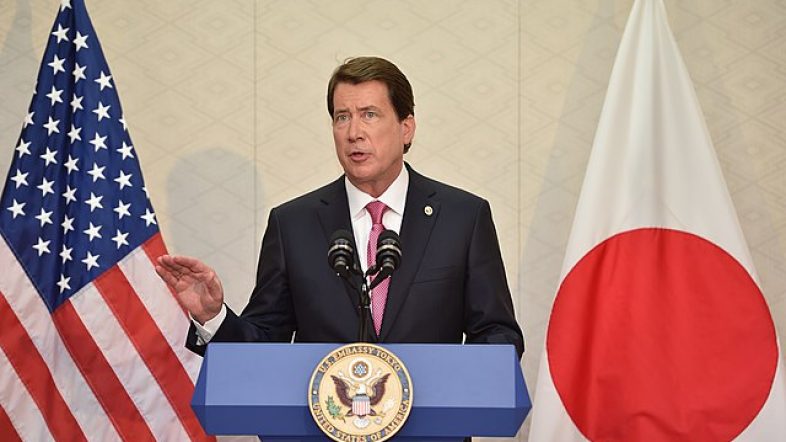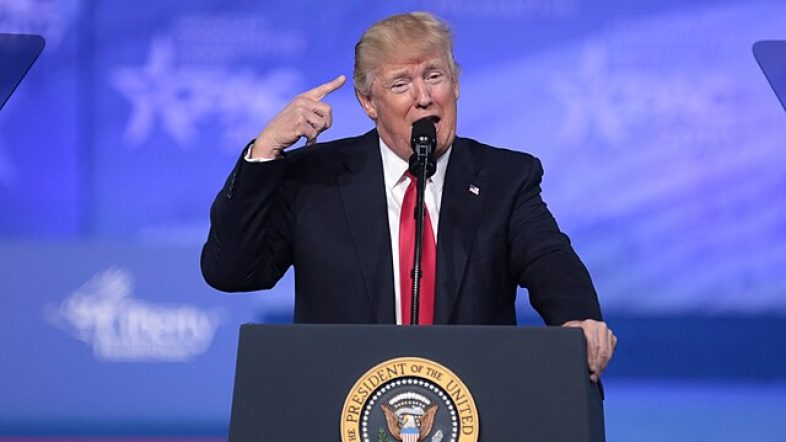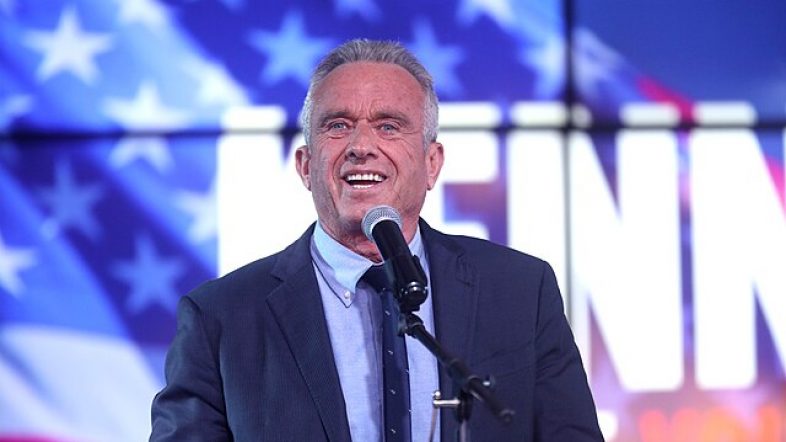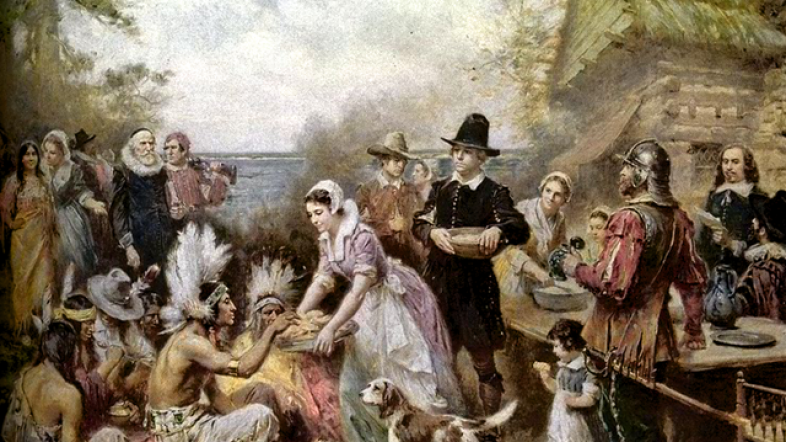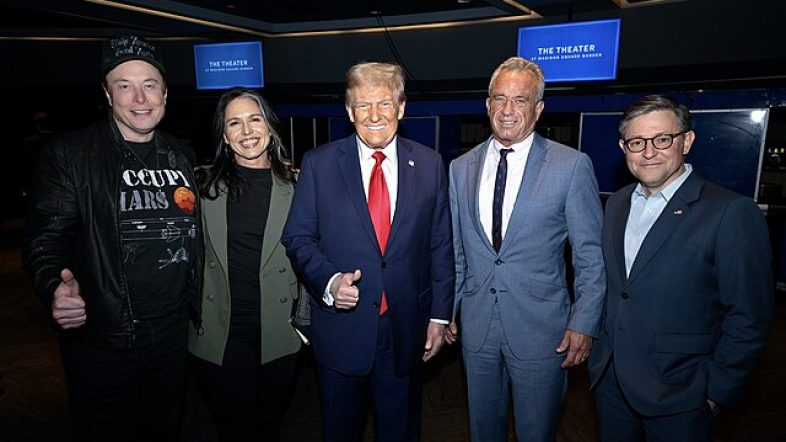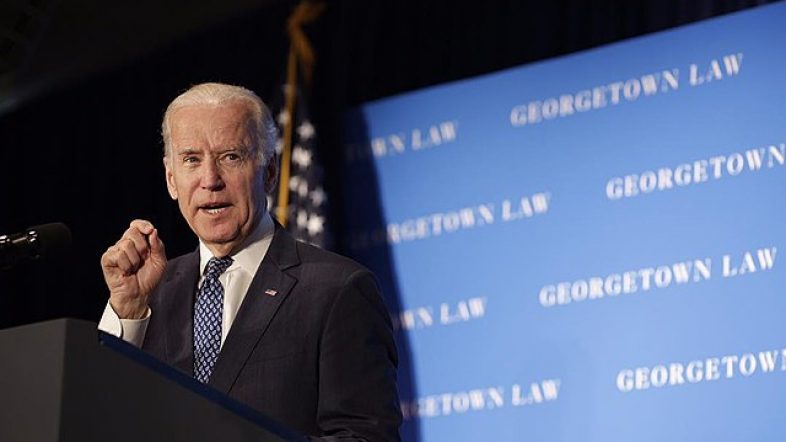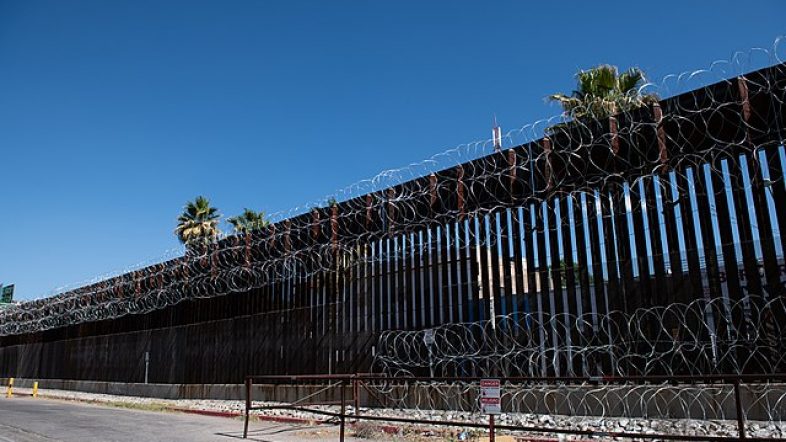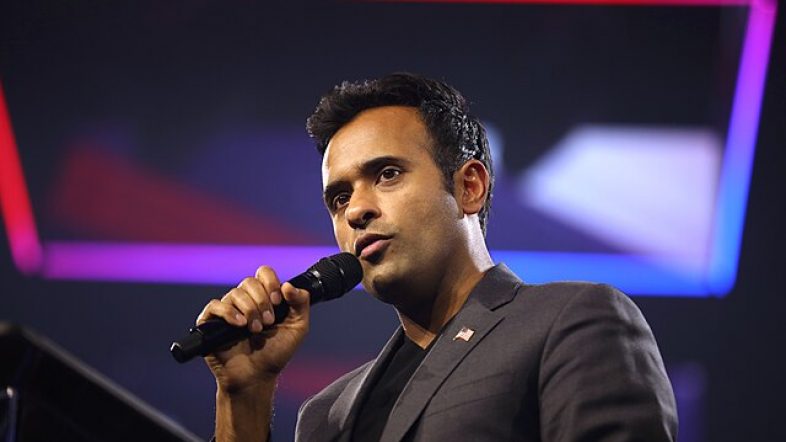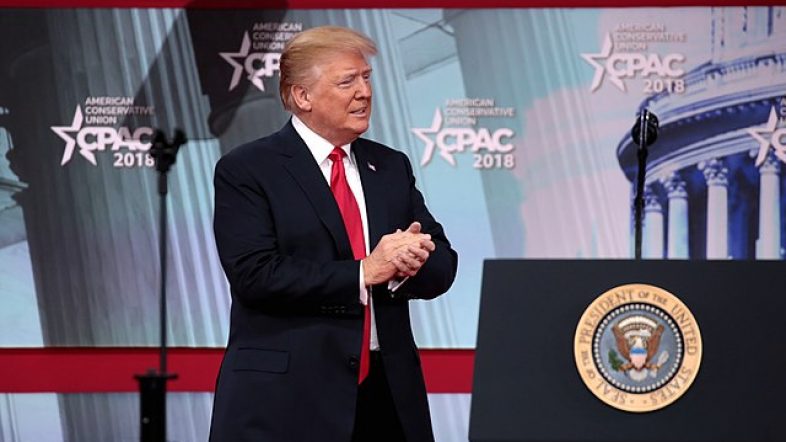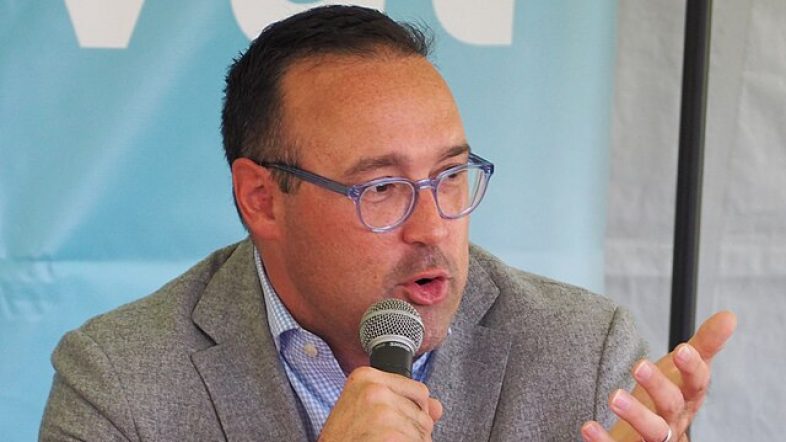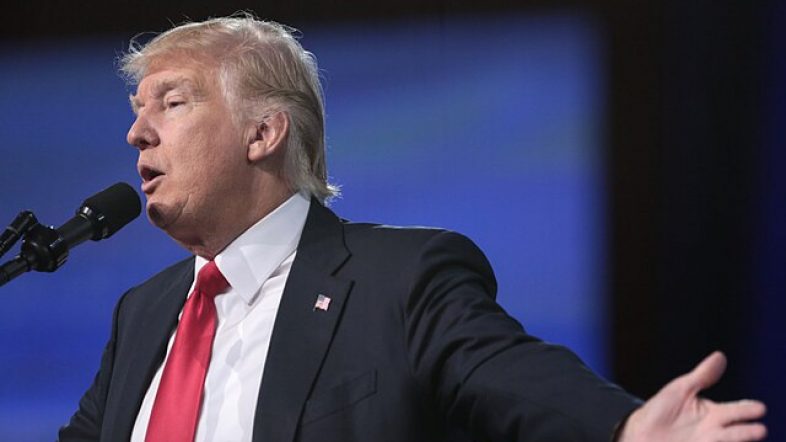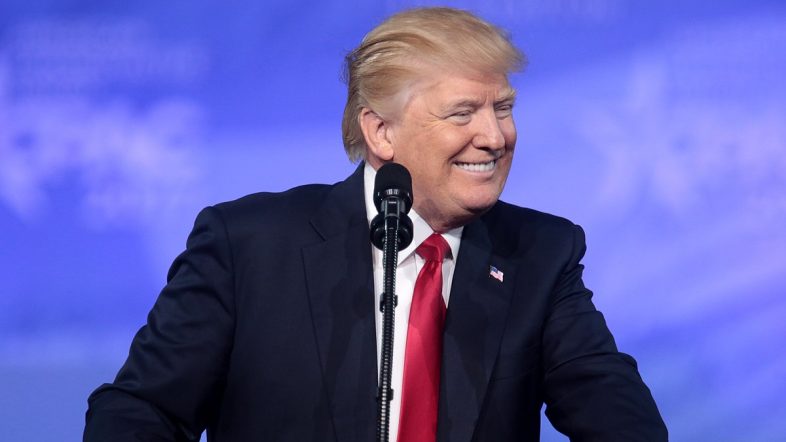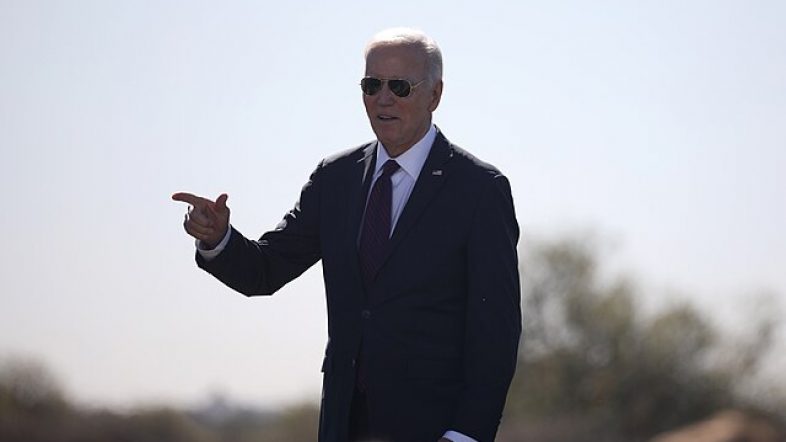Do you know what percentage of Americans have college degrees? The answer might surprise you. According to the U.S. Census, just slightly more than one-third of Americans have a bachelor’s degree from a four-year college or university. Only 13% have a graduate degree. In other words, the vast majority of U.S. adults do not have much formal education past a high school diploma.
Those who do hold a rarefied position in our society. Plenty of cultural assumptions accompany advanced education. Rightly or wrongly, we are accustomed to thinking of people with college and graduate degrees as having superior intellectual capabilities. The careers they are qualified for may or may not pay better than those which do not require college degrees (the trades typically pay much better than K-12 education or social work, for example), but they are often referred to as “professions,” and not just “jobs.”
We assume that those in professional positions have been trained to conduct rigorous inquiry; that they can evaluate evidence, make persuasive arguments based upon provable facts and assert independent judgment. Indeed, our own behavior rests on these expectations, whether we explicitly articulate them or not.
Consider: We assume that news editors evaluate the truthfulness of the stories before they publish or broadcast. We assume that attorneys evaluate whether a claim is meritorious before they sue or prosecute. We assume that physicians’ decisions are grounded in science and will improve the health of their patients. We assume that elementary and high school teachers and administrators have established policies that prepare the students entrusted to them for a healthy and productive adulthood. We assume that the college educations we pay so dearly for are provided by professors with in-depth knowledge of their fields, skill in conveying subject matter and dedication to training their students in inquiry.
In other words, we tend to trust the assessments of the professionals in our lives, assuming that their judgment is independent, their information is factually correct and their advice well-founded.
But evidence pouring in from across the country calls those assumptions into question. The landscape of professional America should be a stalwart bastion of standards and commitment to truth. Instead, it is increasingly pockmarked by the impact craters of contemporary culture: the erosion of standards, the denial of truth, the capitulation to political pressure, and ideological lockstep borne of fear.
Take the medical profession for example.
During the COVID-19 pandemic, most medical professionals declared the mRNA “vaccines” safe, despite widespread (and admittedly understandable) ignorance about both the disease and the development of the shots themselves; even after the number of healthy young people developing myocarditis and pericarditis and collapsing was too frequent to be ignored; even after coroners and medical examiners began describing the presence of inexplicable clot-like formations in the bodies of individuals who had “died suddenly.” Many physicians were afraid to prescribe readily available drugs for patients with the virus or were afraid to admit what most of them knew from the beginning: that neither masks nor lockdowns would prevent the spread of the virus, and that both would likely be detrimental to the well-being and education of children. Their reservations were not because the scientific evidence was unclear, but because of political pressure to adhere to the preferred “narrative.”
The current transgender obsession is even worse. Physicians now deny the implications of chromosomal biology, ignore the presence of mental or emotional illness in youth identifying as transgender, prescribe puberty blockers to and even surgically mutilate minors — this despite whistleblowers across this country and others revealing how little preliminary evaluation is being done before such life-altering medical decisions are made, much less the long-term implications of those decisions. Few want to cross swords with the activists driving the national conversation.
Educators are also losing the confidence of the public. Parents across the country are aghast, discovering that schools are teaching absurd and inappropriate gender ideology to their grade schoolers, and that frankly pornographic materials have been inserted into their children’s school libraries and curricula. (How pornographic? In multiple instances, complaining parents have been told they cannot read the materials into the records of school board meetings.) Schools have policies encouraging “gender transition” of students and hiding it from students’ parents and families. And the response of the Biden administration has been to consider investigating irate parents as possible “domestic terrorists.”
Public opinion of the legal profession has dipped even lower in light of recent revelations that the FBI and Department of Justice launched a yearslong, multimillion-dollar investigation of former President Donald Trump on the basis of allegations they knew were false and politically motivated. At the state level, the public sees “bail reform” laws in cities like New York and Milwaukee put criminals back on the streets where they are free to prey on innocent, law-abiding citizens. Meanwhile in California, retail theft is rampant and rarely prosecuted, while business owners are fleeing.
And the media? Whether broadcast, print or social, they’re notorious for their preference for “activism” over inquiry and truth. Whenever there is a preferred left-wing narrative, whether it is on climate change, the corruption of the Biden family, COVID-19 or “systemic racism,” editors are unwilling or afraid to publish alternate opinions — and even block publication of the truth. Journalists like Bari Weiss and Glenn Greenwald who take their responsibilities seriously have left former places of employment because it was impossible to publish the truth — or even to investigate it.
The “polarization of America” is a running complaint. But so much of our current conflict is attributable to the collapse of the public’s trust in the institutions that support our civilization, and the professionals who control those institutions. This could be remedied if our professions replaced false compassion, activism and self-indulgent moral relativism with a renewed commitment to courage, truth and objective standards. Without them, it will not only be the public’s trust that collapses, but American society itself.
To find out more about Laura Hollis and read features by other Creators Syndicate writers and cartoonists, visit the Creators Syndicate website at www.creators.com.
COPYRIGHT 2023 CREATORS.COM

